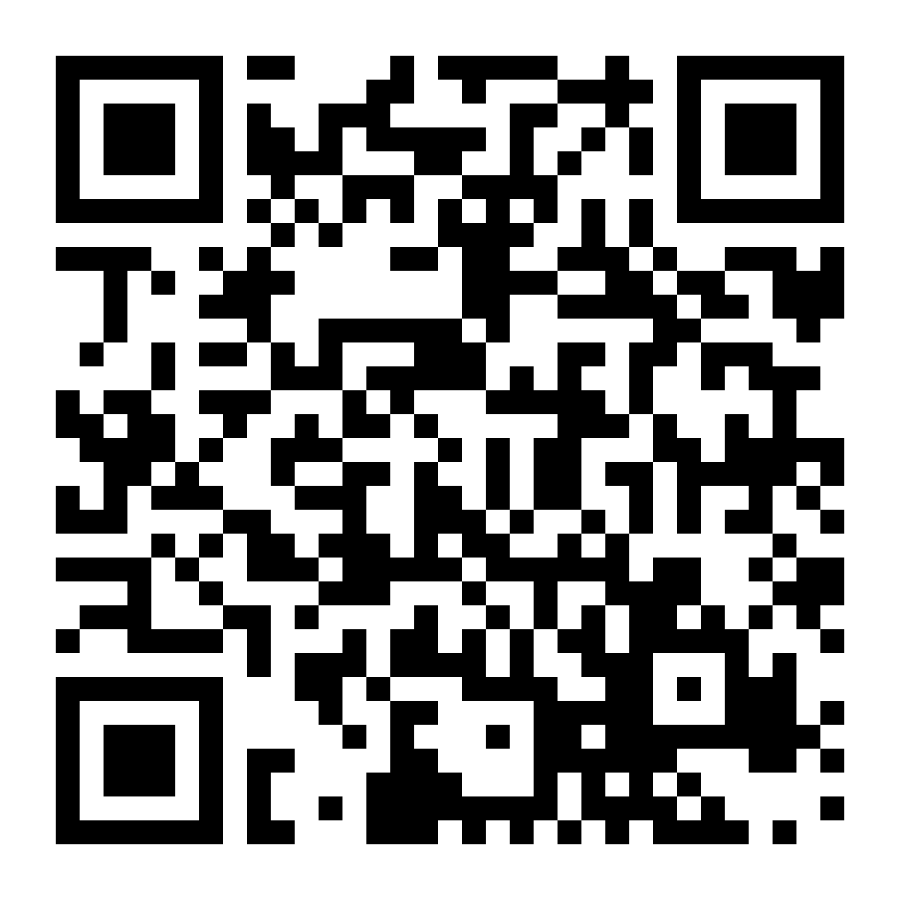How Blockchain is Transforming International Payments for Global Workers
International payments used to be super slow and expensive, which means that for global workers, payment did not always come when it was due and was never complete. Over the years, the process of getting paid international has been transformed by leaps in technology but none more than blockchain. Keep reading to discover how blockchain makes international payment faster and what that means for global workers like you.

In today’s global workforce, it’s no longer unusual for a designer in Lagos to work with a startup in Berlin, or a developer in Nairobi to build apps for a company in Toronto. The world is more connected than ever, but cross-border payments haven’t always kept up with this fast-paced change.
Traditional methods, like SWIFT transfers or international wire services, can take days, charge high fees, and get stuck in a web of intermediary banks and currency conversions (all of which affects the amount you receive and when you receive it).
Today, financial technology companies, like Cenoa, are leveraging blockchain technology and stablecoins like USDC to rapidly redefine how money moves across borders.
Why Traditional Cross-Border Payments Are Slow and Expensive
International bank transfers are mostly bogged down by the need for multiple touch points and a heavily expensive process. When money is sent to you through international banks powered by traditional systems, the money typically goes through the following steps:
Your bank initiates the transfer,
The money travels through intermediary banks (often 2–3 layers deep depending on the gap between sender and receiver)
Fees are deducted at each stop, impacting the total amount that lands in your account
The final amount arrives after 2–5 business days, making it impossible to get paid instantly.
There are delays due to banking hours, weekends, different time zones, and manual compliance checks. For freelancers and remote workers who need to get paid on time, this can cause a lot of delay in receiving payment and is often very frustrating.
How Blockchain Makes International Payments Faster
Blockchain enables peer-to-peer value transfer without intermediaries to speed things up when it comes to international transfers. This system ensures that transactions are delivered much faster, can be sent at any time of day, and are transparent. Here’s how this typically works:
Real-time settlement: Payments on blockchain networks like Ethereum or Solana happen almost instantly—within seconds or minutes—regardless of time zones or banking hours.
24/7 availability: Blockchains operate non-stop. Whether it’s a Sunday afternoon or 3 a.m., the network is always on.
Reduced fees: There’s no need for multiple banks to process the payment. Transaction fees are usually a few cents to a few dollars, depending on the network.
Transparency and traceability: Every transaction is recorded on a public ledger, so senders and receivers can track payments in real time.
The Role of Stablecoins Like USDC
A stablecoin is a cryptocurrency pegged to a stable asset—usually the US dollar. USDC (USD Coin), for example, maintains a 1:1 value with USD, making it ideal for payments.
Here’s why USDC is a game-changer for cross-border payments:
No volatility: Unlike Bitcoin or Ethereum, USDC doesn’t fluctuate wildly in value. This gives senders and recipients confidence they’re not losing money in the process.
Easy conversions: USDC can be converted to local currency via crypto exchanges or fintech platforms that support crypto-to-fiat transfers (like Binance, Coinbase, or even some mobile wallets).
Wider access: Freelancers in countries with limited banking infrastructure can receive USDC directly into crypto wallets—no need for traditional bank accounts.
A Real-World Example
Let’s say you're a video editor in Nairobi working with a client in New York. With traditional methods:
It might take 3–5 business days to receive the funds
You could lose up to 5–10% in transfer fees and currency conversion
There’s often no real-time tracking
But with USDC:
Your client sends payment in seconds via a blockchain wallet
You receive the full amount with minimal feesYou can convert USDC to Kenyan shillings using a local crypto platform or use it to pay for services online
Why This Matters for the Global Workforce
The modern workforce is distributed. Designers, developers, writers, virtual assistants, and more are working across borders every day. They need:
Faster payments
Lower fees
Currency stability
Financial access, even without traditional banks
Blockchain and stablecoins offer exactly that.
Final Thoughts
We’re still early in the global shift toward crypto-based payments, but the benefits are becoming clearer by the day. As regulatory clarity improves and adoption grows, blockchain and stablecoins like USDC will likely become the default rails for international payments, especially for the digital workforce.
If you're working across borders, it might be time to explore how these tools can help you get paid faster, easier, and on your own terms.
